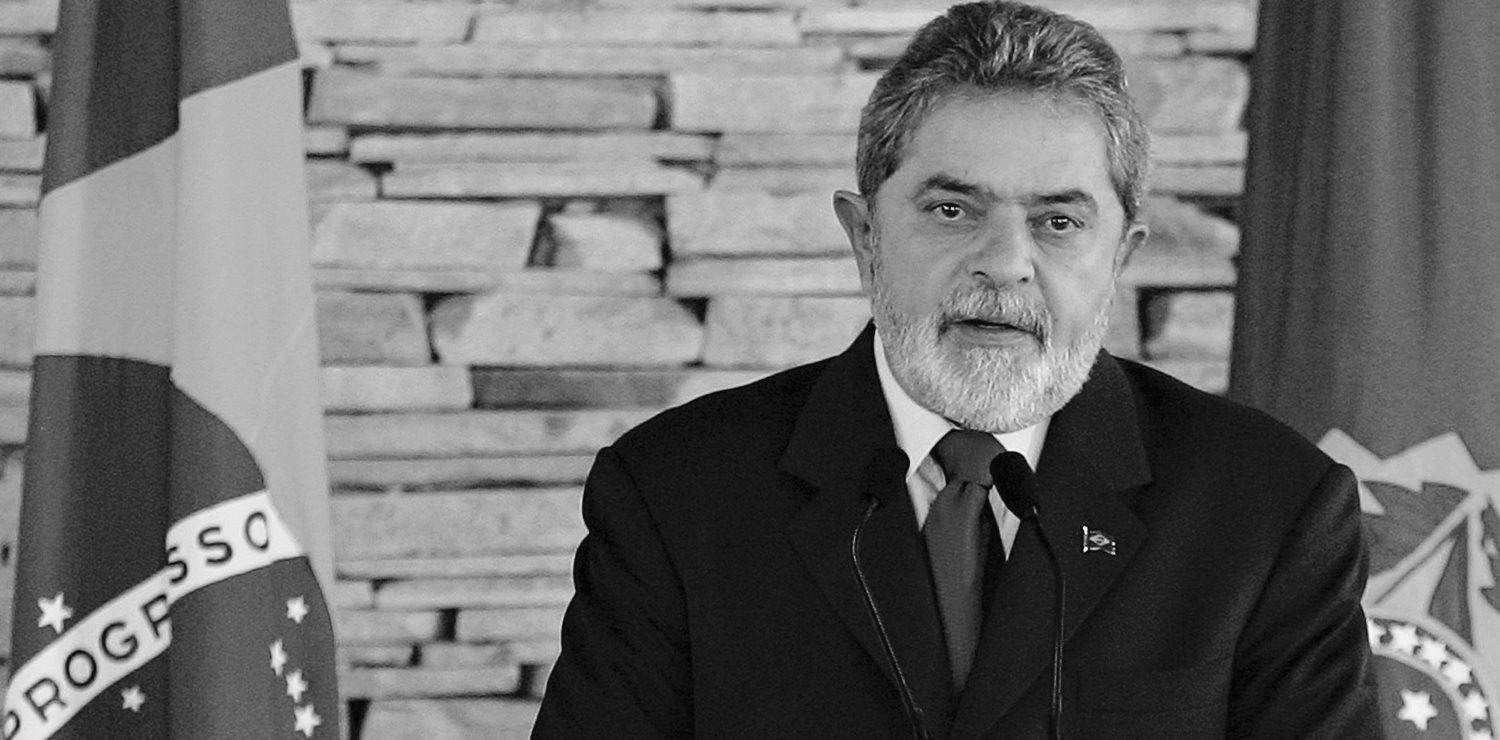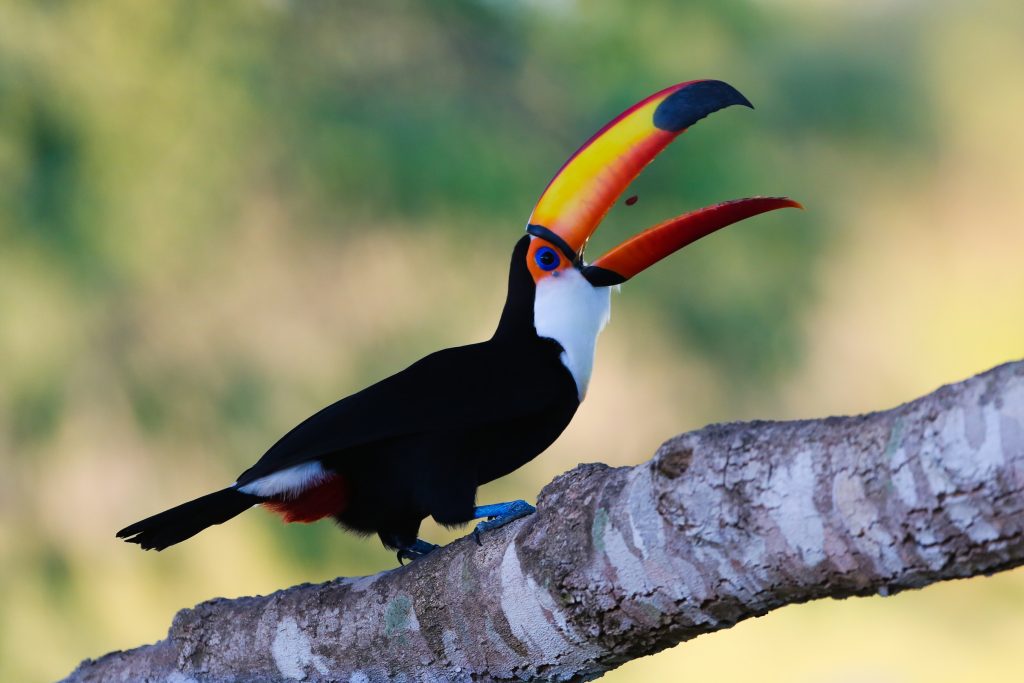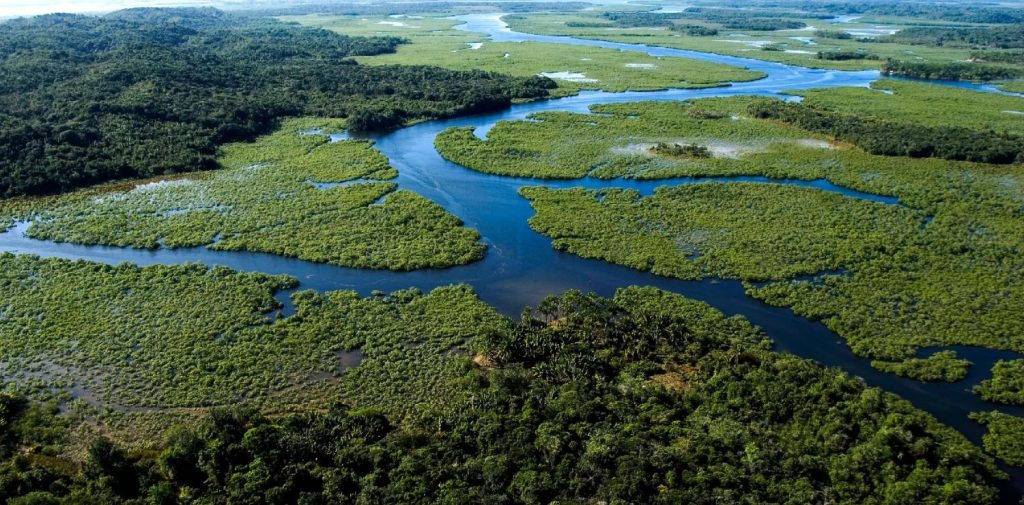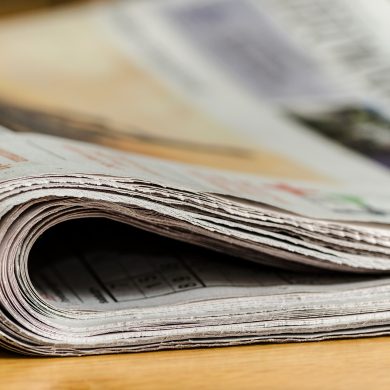President Lula – Saint or Sinner?
Luiz Inácio Ferreira da Silva, better known as “Lula,” is a man who represented hope for poor and deprived Brazilians by becoming the first left-wing president in 2002. Nicknamed “Lula,” he ran a rigorous campaign and traveled all over the country to become the first leftist president in years during his fourth attempt at the presidency. As a founding member of the Workers Party (PT), he promised to battle abject poverty and a fragile economic system.
The election of Luiz Inácio Lula da Silva as President of Brazil on October 27, 2002, caused a great stir in the country. On one hand, there was immense hope among the lower classes, finally seeing a left-wing president who would consider their problems; on the other, a muffled anger on the part of the ruling classes who looked distastefully upon this former metalworker taking the
reins of the nation. Was the countdown, which eventually dragged the representative of the poor to the benches of infamy, started at this precise moment? It is entirely possible. Still, President
Lula had to fight against people whose mentality had always been rooted in the indisputable
belief that power should never escape them.
Lula’s Presidency
“Brazil needs Lula.” This was the message hammered home by those from the lower social classes in Brazil, especially in the country’s poorest regions such as the Northeast, where support for Lula is at its strongest. During his first time as president of Brazil, Lula spent billions on social reforms and helped to eradicate some long-standing problems associated with poverty in Brazil. He focused on eradicating hunger through the development of “Bolsa Família” (the family allowance).
When he first took office as the head of the country in January 2003, Lula was confronted with the dilemma that greets all politicians who have promised the world: to satisfy the electorate without scaring global economic bodies on which the economy depends. Brazil is no exception, and the new “President of the Poor” had to provide the IMF with sound financial guidance to attract foreign investors to Brazil before considering taking action on his promises. This led to the first popular protests, the “Homeless” and “Landless,” which claimed the President was going back on his word.
Yet in 2004, Lula built “popular pharmacies” throughout the country, providing access to all basic drugs, something unimaginable under previous governments. He worked towards literacy, vaccination, and undertook major work to bring sanitary standards to favelas (nearly 50% of homes in Brazil were not connected to sewers at this time). With this, his popularity grew in urban areas. It decreased, however, among some rural people, with the construction of a dam which resulted in partial deforestation.
His policies were praised for their focus on reform for the most disadvantaged, while his detractors focused on his reckless public spending. As usual, the truth is more than likely found somewhere between the two poles.
From Saint to Sinner
In July 2017, Lula was convicted of corruption and sentenced to nine years in prison during Brazil’s “Operation Carwash,” which investigated the country’s key political players. Lula always claimed his innocence and his lawyers argued his conviction was politically motivated, specifically to prevent him from running in the 2018 presidential election that he was forecast to win by a landslide. Despite this, Lula’s sentence was increased to 12 years by the appeals court in January 2018.
The former president was convicted by the Federal Supreme Court (TSF) for receiving more than 1 million euros for promoting contracts between an engineering company, OAS, and the national petroleum and fuels company, Petrobras. Petrobras is at the center of a huge case involving overbilling and bribes for the benefit of different political parties, estimated to be to the value of 12 billion euros. It is therefore the state that was targeted; senators, deputies, ministers, and three former presidents: Rousseff, Cardoso … and Lula.
Latest Developments– Questions About Lula’s Trial
In July 2019, news source “The Intercept” reported on alleged leaked messages between judge Sergio Moro, Lula’s main prosecutor, and Operation Car Wash officials. The messages raised serious doubts about the impartiality of Mr. Moro in relation to the investigation. Strong support for the former president’s release came from all over the world, including from prominent US politician Bernie Sanders.
The scandal has become increasingly complex. The reputation of the former president is heavily damaged, and some Brazilians have withdrawn their support. Furthermore, Brazilian politician and ex-president Jair Bolsonaro remains open about his support for the imprisonment of Lula. Nevertheless, the whole functioning of the Brazilian system is in question. Innocent or not, Lula certainly has to deal with all the constants of his country– like so many others before him.
Lula’s Return and Current Presidency
In a dramatic turn of events, Lula returned to the political arena and won the presidency again in 2023. His comeback has been marked by a renewed focus on social issues, environmental policies, and tackling the economic challenges that Brazil faces. Lula has pledged to address the deep inequalities in Brazilian society, with initiatives aimed at improving healthcare,
education, and infrastructure. However, his return has not been without controversy. Critics argue that Lula’s past corruption
scandals continue to cast a shadow over his presidency. Supporters, on the other hand, see his return as a second chance to fulfill the promises of his earlier terms, especially in improving the lives of Brazil’s poorest citizens.
Lula’s administration has also taken a strong stance on environmental issues, particularly concerning the Amazon rainforest. His government has vowed to crack down on illegal logging and deforestation, aiming to protect one of the world’s most vital ecosystems. This stance has garnered both domestic and international support, positioning Lula as a key figure in the global
fight against climate change.
Lula’s Policies and Challenges
Since his return to office, Lula has launched several ambitious initiatives to tackle Brazil’s social and economic issues. One of his primary focuses has been the expansion of the Bolsa Família program, aiming to lift millions of Brazilians out of poverty. The program provides financial aid to poor families, conditional on their children attending school and getting vaccinated. This has been a cornerstone of Lula’s social policy, receiving praise for its effectiveness in reducing poverty and inequality.
Another significant area of focus for Lula has been healthcare reform. The COVID-19 pandemic exposed severe weaknesses in Brazil’s healthcare system, and Lula has made it a priority to increase funding, improve infrastructure, and ensure broader access to medical services. He has emphasized the importance of vaccination campaigns and improving public health outreach, particularly in underserved rural areas. Economic challenges remain significant for Lula’s administration. Brazil’s economy has struggled with slow growth, high inflation, and unemployment. Lula’s economic policy aims to stimulate growth through infrastructure projects, support for small and medium-sized enterprises, and attracting foreign investment. However, balancing economic growth with fiscal responsibility is a delicate task, especially given the lingering impacts of the pandemic and global economic uncertainties.
The Environmental Agenda
One of the most critical areas where Lula’s presidency is expected to have a global impact is environmental policy. The Amazon rainforest, often called the “lungs of the Earth,” has faced unprecedented levels of deforestation and degradation, particularly during Bolsonaro’s administration. Lula has committed to reversing these trends and has introduced strict measures to protect the rainforest.
His government has increased funding for environmental enforcement agencies, imposed heavier penalties for illegal logging, and worked with indigenous communities to safeguard their lands. Lula has also sought international cooperation, securing financial support from countries and organizations committed to preserving the Amazon. This has positioned Brazil as a pivotal player in global environmental efforts, enhancing Lula’s reputation on the world stage.
International Relations
Lula’s return to the presidency has also influenced Brazil’s foreign policy. He has worked to restore Brazil’s relationships with key international partners, emphasizing multilateralism and cooperation. Lula’s administration has re-engaged with organizations such as the United Nations and the World Health Organization, promoting Brazil’s role in addressing global challenges like climate change and public health.
In Latin America, Lula has sought to strengthen regional ties, advocating for economic integration and collaborative solutions to shared issues such as migration and drug trafficking. His approach contrasts with Bolsonaro’s more isolationist policies, aiming to position Brazil as a leader in the region once again.
Public Perception and Legacy
Lula’s current term is marked by a complex public perception. For many Brazilians, he remains a symbol of hope and a champion for the poor. His social programs have left a lasting impact, and his focus on reducing inequality resonates with a significant portion of the population. However, the corruption scandals have tainted his image, and skepticism about his intentions and methods persists.
Lula’s legacy will ultimately depend on his ability to deliver on his promises during this term. If he can successfully address Brazil’s pressing social, economic, and environmental challenges, he may restore his standing as a transformative leader. Conversely, any missteps or failures could reinforce negative perceptions and undermine his efforts.
Lula’s journey from a hopeful leader to a controversial figure and back to the presidency is a testament to his resilience and the complexities of Brazilian politics. His ability to navigate these challenges and implement effective policies will be crucial in determining whether he is remembered as a saint or sinner in the annals of Brazilian history. Lula’s current term presents an opportunity for redemption and progress, but the path forward is fraught with obstacles that will test his leadership and commitment to his ideals.







